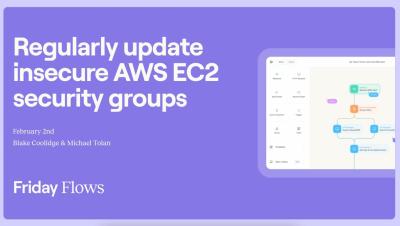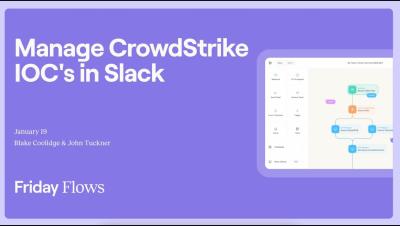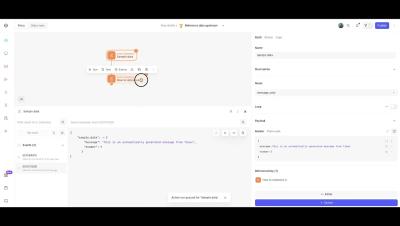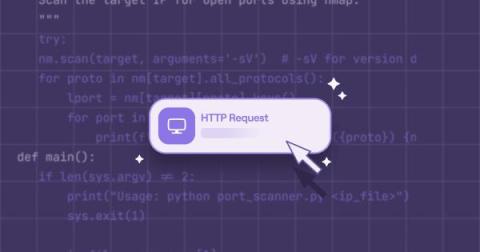Security | Threat Detection | Cyberattacks | DevSecOps | Compliance
Tines
Building and managing malware analysis labs with Tines workflows
Friday Flows Episode 20: Regularly Update Insecure AWS EC2 Security Groups
Friday Flows Episode 19: Manage CrowdStrike IOCs in Slack
The 9 best security podcasts, according to practitioners
Onboarding at Tines: Six best practices for tackling your first project
Cybersecurity in 2024: Five predictions from our co-founders
With the cybersecurity landscape constantly evolving, discussing cybersecurity trends for 2024 can feel like trying to predict the unpredictable. But amid all the uncertainty, trading ideas about the future of security can help us better understand how to prepare for the months ahead. Here, our co-founders Thomas Kinsella and Eoin Hinchy share five cybersecurity predictions for 2024, including insights on AI's role in security, the ever-changing role of the CISO, and more.
Using Python in Tines: a quick how-to guide
While you can build nearly anything in Tines without writing code, users occasionally prefer to use Python scripts to perform a step in their stories. The reasons for this vary, but we're happy to share that there's a simple way to securely execute Python scripts in Tines. So let's take a closer look at how it works, and talk through some best practices for using Python in Tines.
From code to clicks: My journey from Python to Tines
We recently weighed in on the debate between full-code, low-code and no-code automation. In this post, developer and sales engineer Jesse Strivelli shares his perspective on using the native Tines builder to create automated workflows. I've been immersed in the world of programming for years, having pursued a computer science degree at university and accumulating extensive experience in the field, primarily with major Fortune 500 companies.











